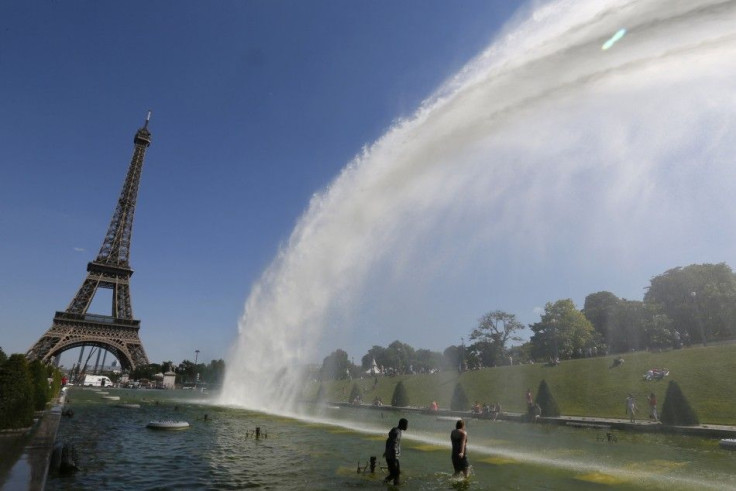France becomes weakest among Europe's economies behind Germany and UK

France has become the weakest among Europe's three biggest economies as it endured years of budget deficits and high unemployment. The United Kingdom and Germany, on the other hand, recovered stronger from the global financial crisis.
CNN Money notes that France’s GDP figures are finally rising, but stay at tremendously low levels. Data from the International Monetary Fund indicates that the French economy rose by 1.2 percent in 2016 while its neighbours, Germany and the UK, have grown 1.8 percent over the same period. The IMF forecast only 1.4 percent growth for France this year, one of the weakest rates in the EU.
Moreover, the country is struggling to bring down its unemployment rate, which currently stands at approximately 10 percent. The situation is more than double the joblessness in Germany and Britain and is higher than the eurozone average.
Young people are the ones who greatly suffer from joblessness. Twenty four percent of those between the ages of 15 and 24 are not employed. Out of 1.1 million registered self-contracting workers in France, just 643,800 were active as of the middle of 2016 according to Times of Malta. That is comparable with a labour force of at least 29 million, including just under 3.5 million unemployed. According to Boston Consulting, nearly 60,000 extra jobs could be available in Paris alone by 2022 if it came close to matching the London or New York levels.
Meanwhile, government debt has reached nearly 90 percent of GDP, a rise from only 58 percent ten years ago. Despite all these, France has relatively low income inequality. Fewer of its citizens are at risk of poverty compared to the UK and Germany. Another bright spot is that the government spends higher percentage of GDP on social programs and welfare compared to other big economies. Since the France’s healthcare system is in need of more cash, the IMF called for economic reforms to put public spending under control.
The current state of the economy is a major issue in the presidential elections slated on Sunday. Socialist Jean-Luc Melenchon and far right politician Marine Le Pen, two of the front-runners, are both against the free trade agreements and have their own set of ideas for a better economy.
Eric Conquerel, one of Melenchon's leading campaign managers, has talked about the candidate’s economic policies, saying they intend to put an end to austerity. Le Pen, on the other hand, rails against globalisation and American-style capitalism as enemies of the county.
FRANCE 24 English/YouTube
Read More: 72% of UK firms suffer fraudulent emails based on cyber security breaches report
Turnbull ignores 'Trump-esque' allegations, insists scrapping visa program is for Australians





















